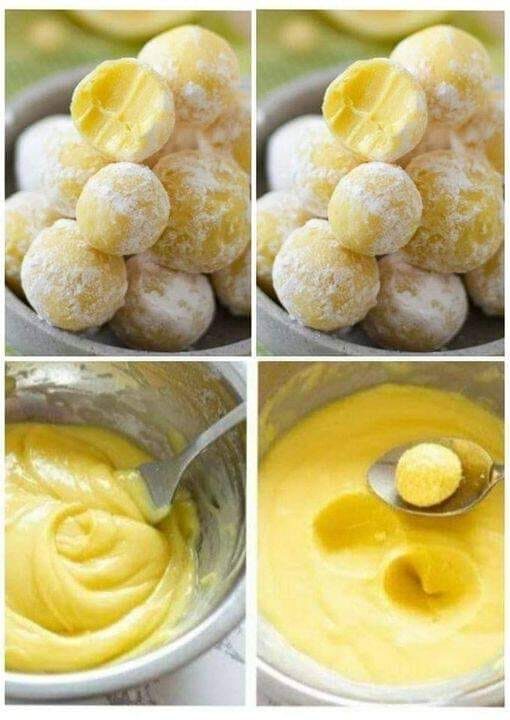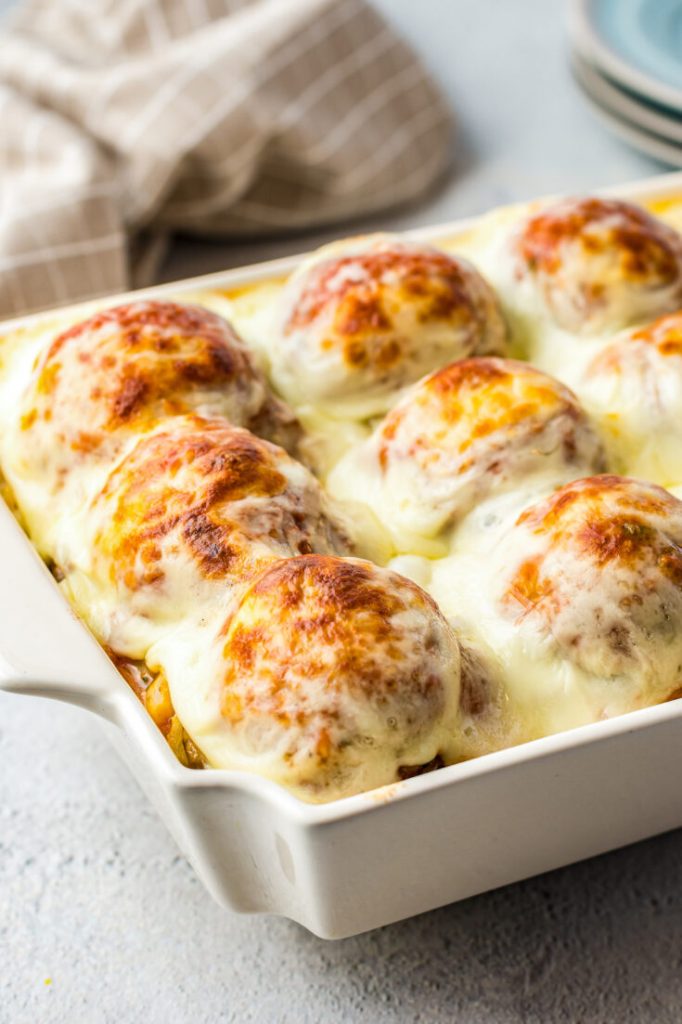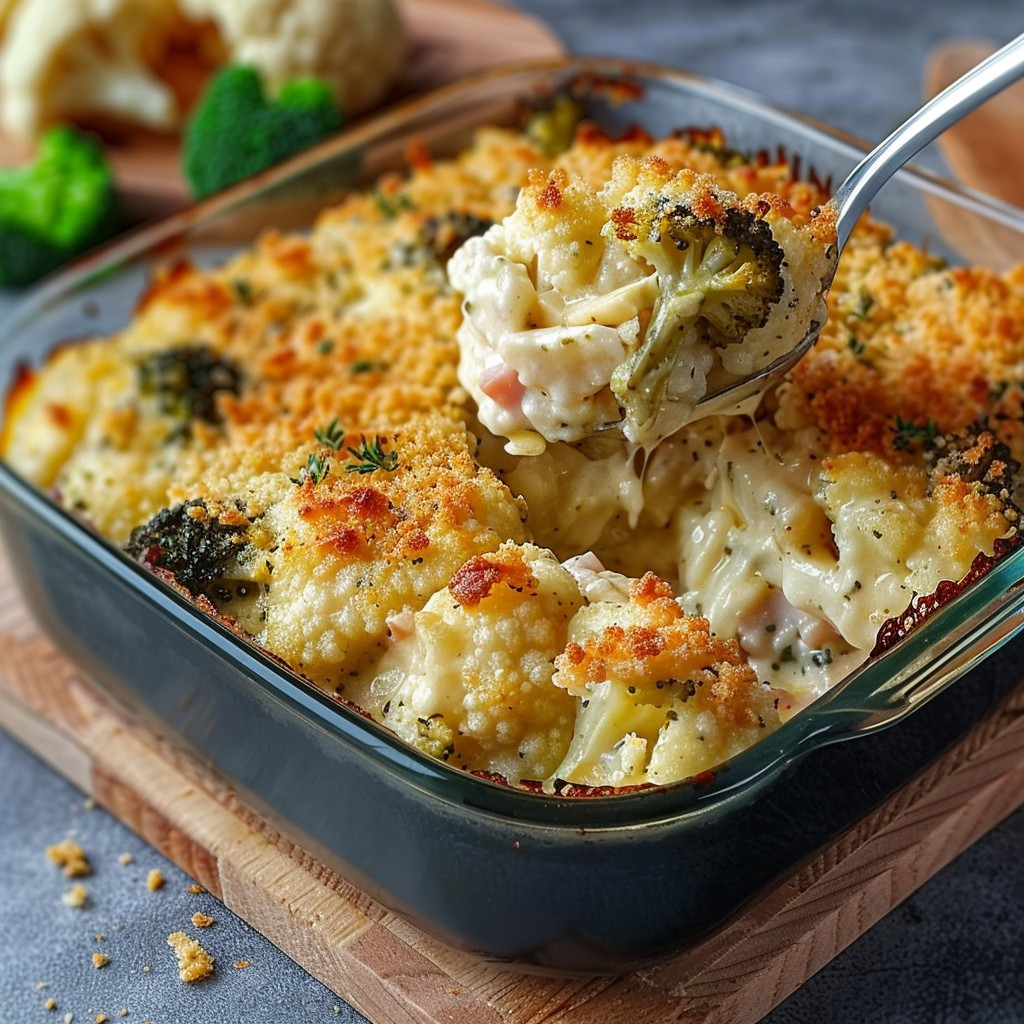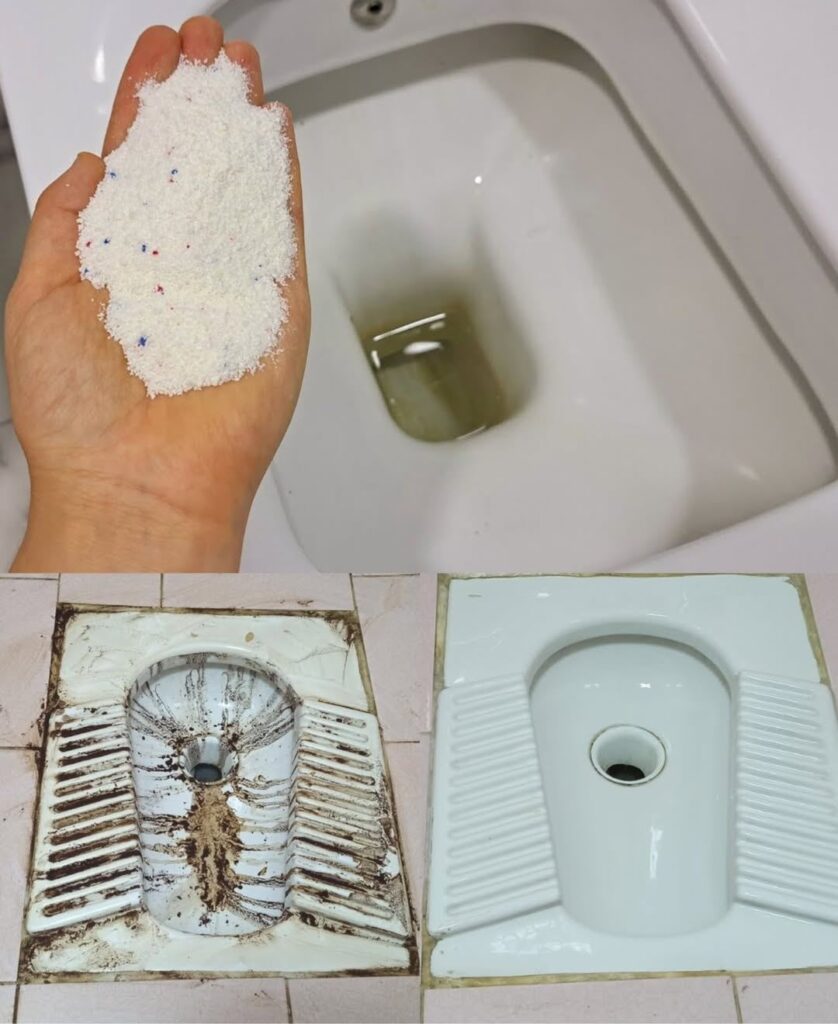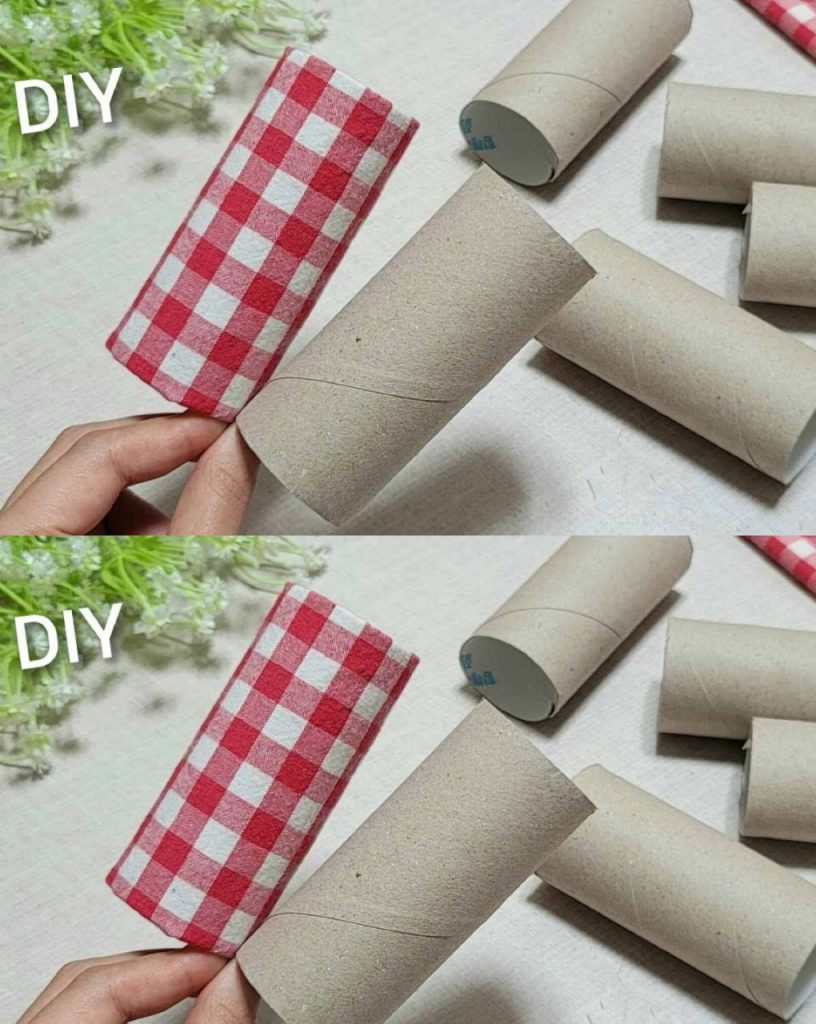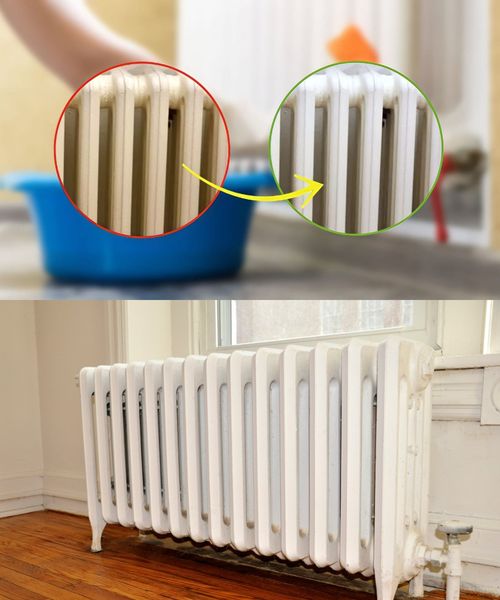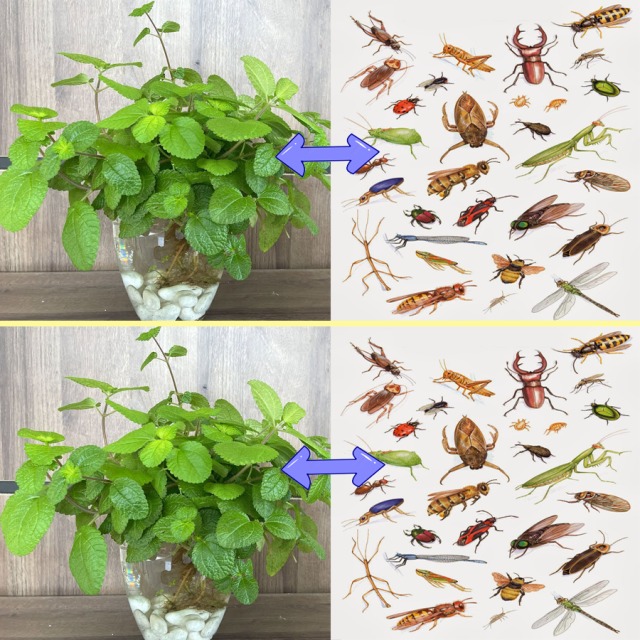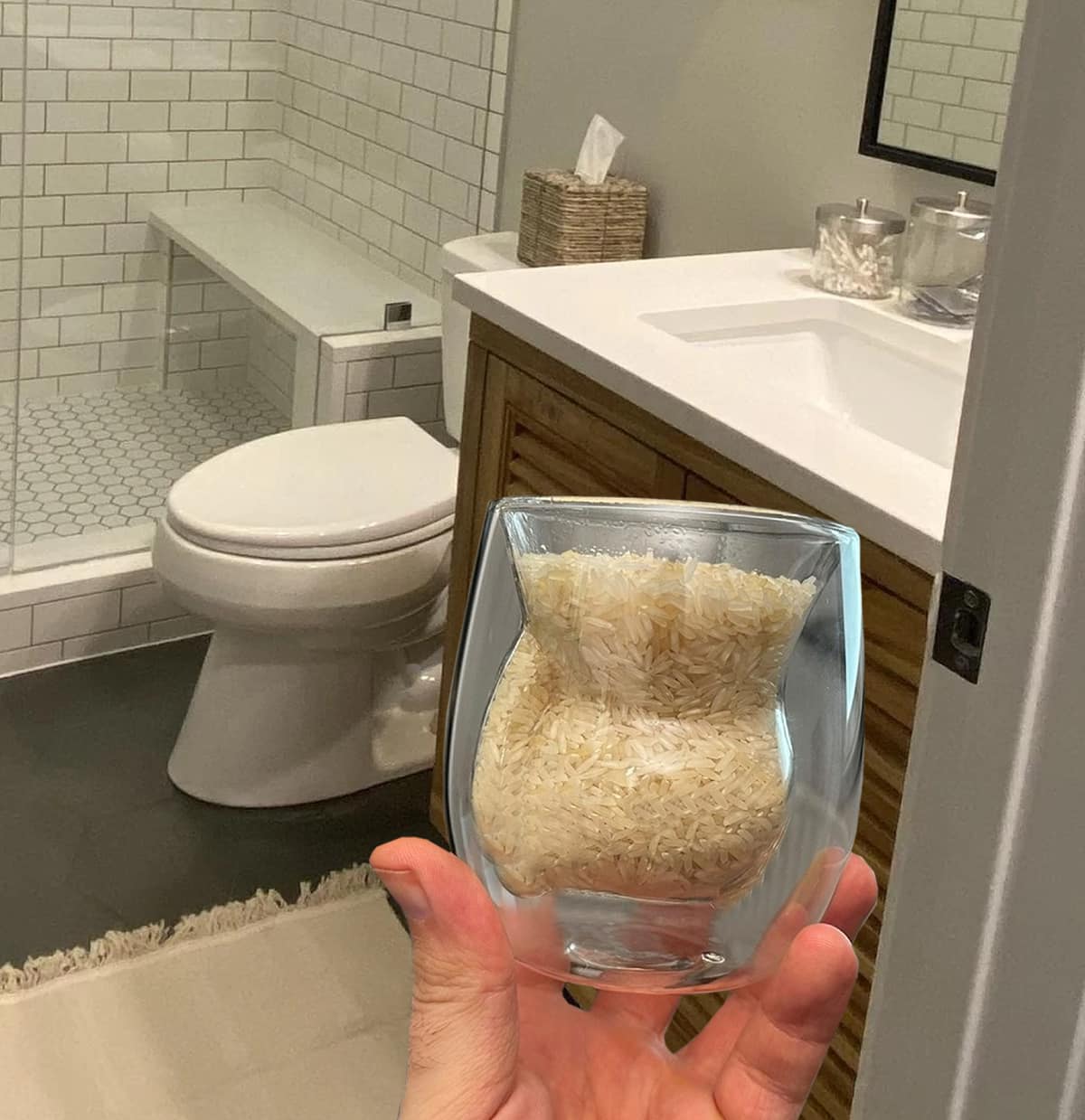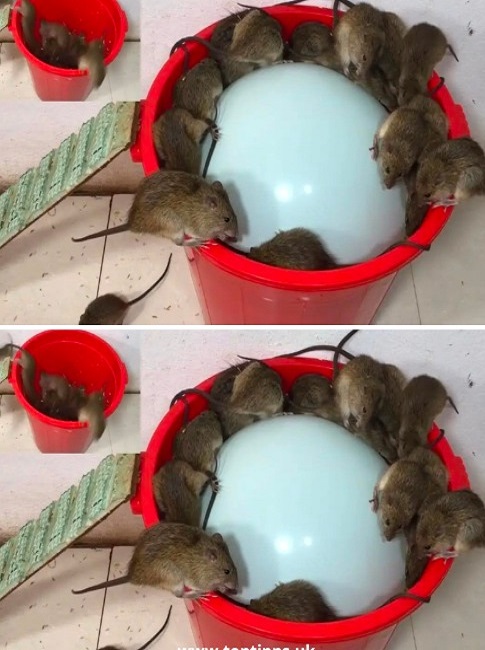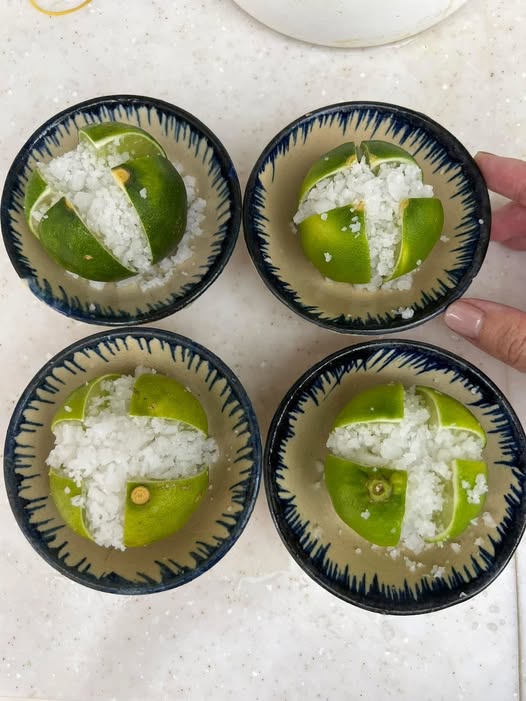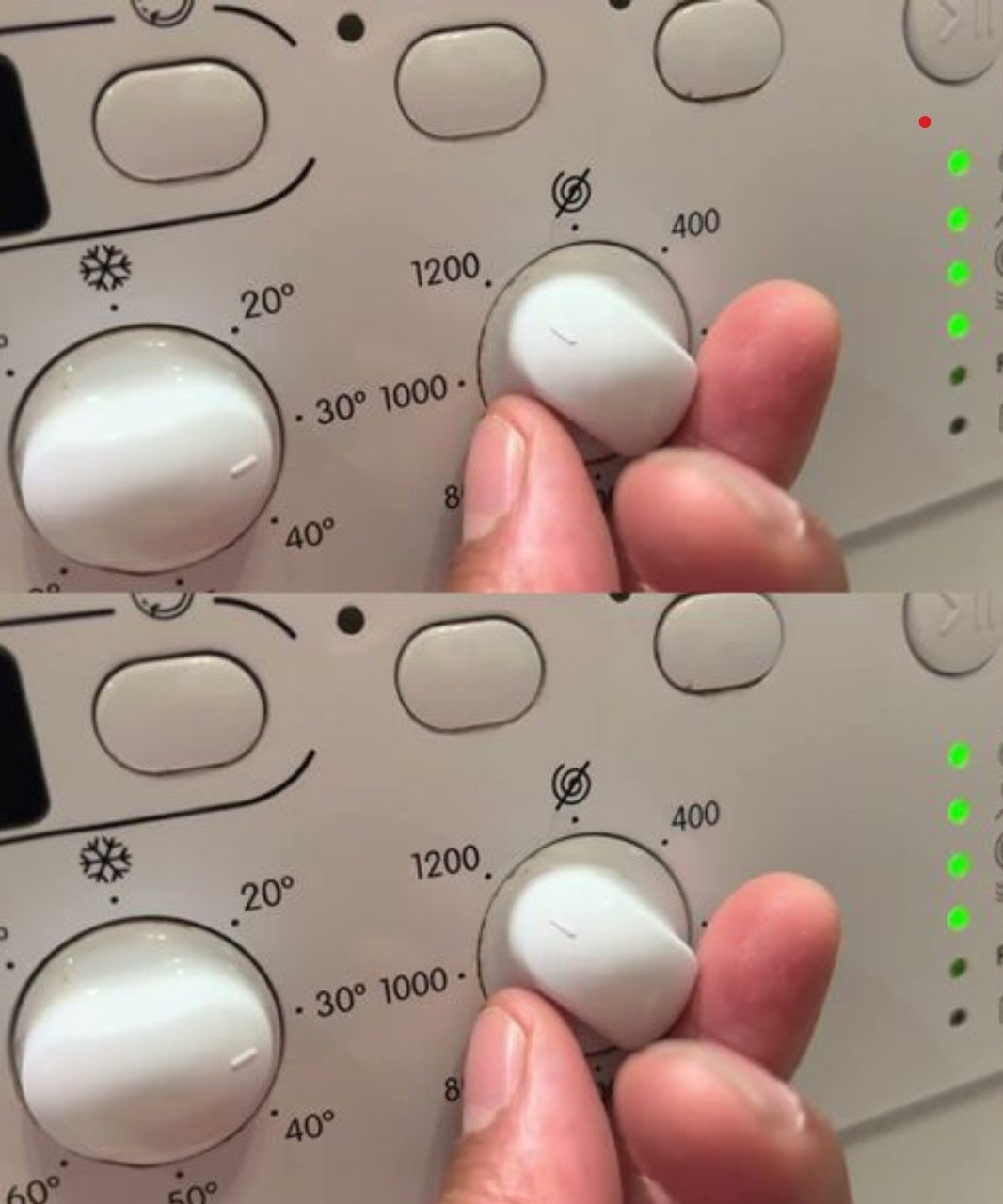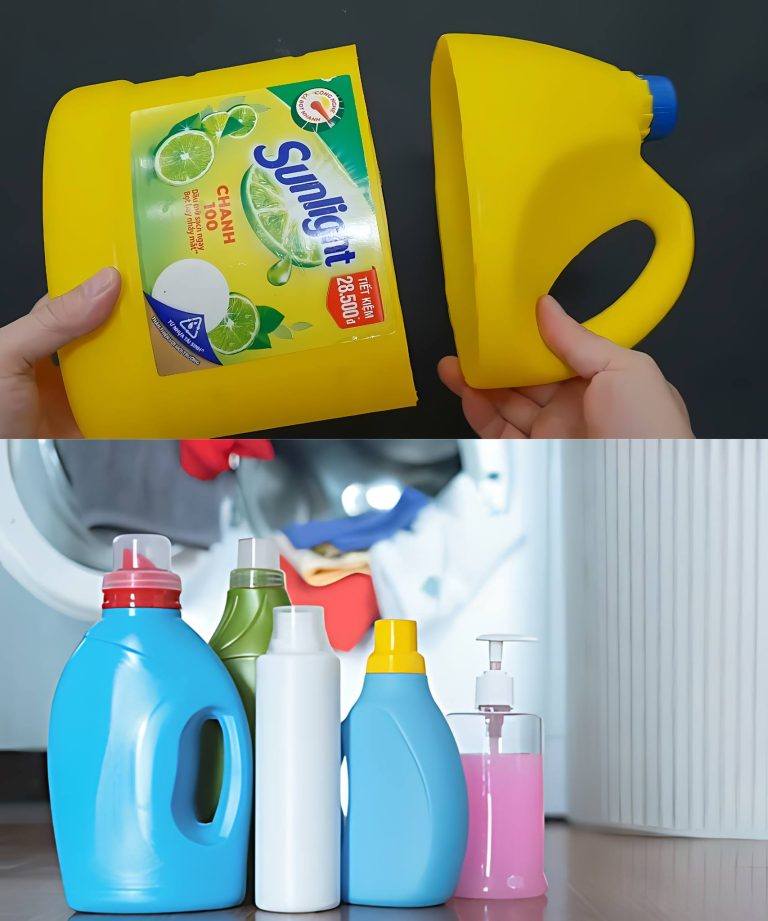You Should Never Pour Hot Oil Down Your Sink Drain, and Here’s Why | March 16, 2025
Annonce:
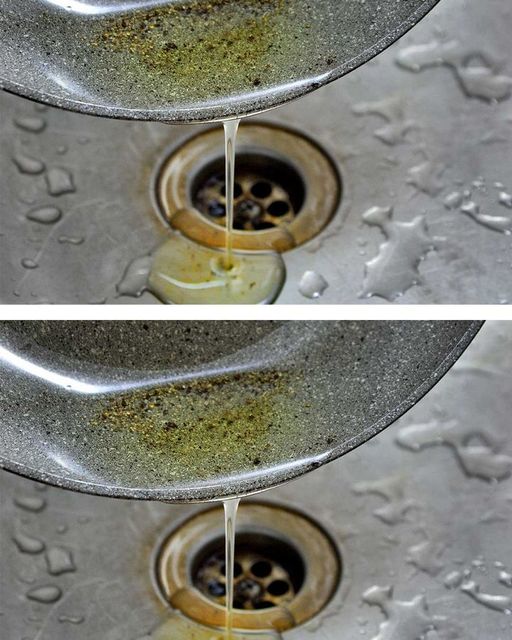
Advertisement:
It’s definitely not recommended to pour oil down the kitchen sink. While your mother-in-law might think it’s okay, doing so can lead to significant plumbing issues and environmental problems. Here’s why it’s important to avoid this practice:
Reasons Not to Pour Oil Down the Kitchen Sink
- Clogged Pipes: Cooking oil can stick to the insides of pipes, leading to blockages over time. This can result in slow drainage or complete clogs that require costly repairs.
- Fatbergs: In sewer systems, oil can combine with other waste, forming “fatbergs”—massive clumps of fats, oils, grease, and non-biodegradable materials. These can severely damage municipal sewer systems.
- Environmental Impact: Blocked sewage systems can overflow, leaking contaminants into local waterways, harming aquatic life, and polluting drinking water supplies.
- Wildlife Harm: When oil enters natural water bodies, it can coat the fur or feathers of animals, impacting their insulation and buoyancy, which can be fatal for wildlife.
- Costly Repairs: The expense of fixing clogged pipes and damaged sewer systems can add up quickly. Proper disposal can help you avoid these costs.
Proper Methods for Disposing of Cooking Oil
Step into Cardi B’s luxurious old home in Atlanta
Loaded Mashed Potato and Meatball Casserole
SKINNY CHICKEN BROCCOLI CASSEROLE
This dessert is called ‘Heaven on Earth,’ and it couldn’t be more true
Cauliflower and broccoli gratin with Cantal cheese
Clean Toilet: Since I discovered this method, they are always white and shiny! I no longer use chemicals!

